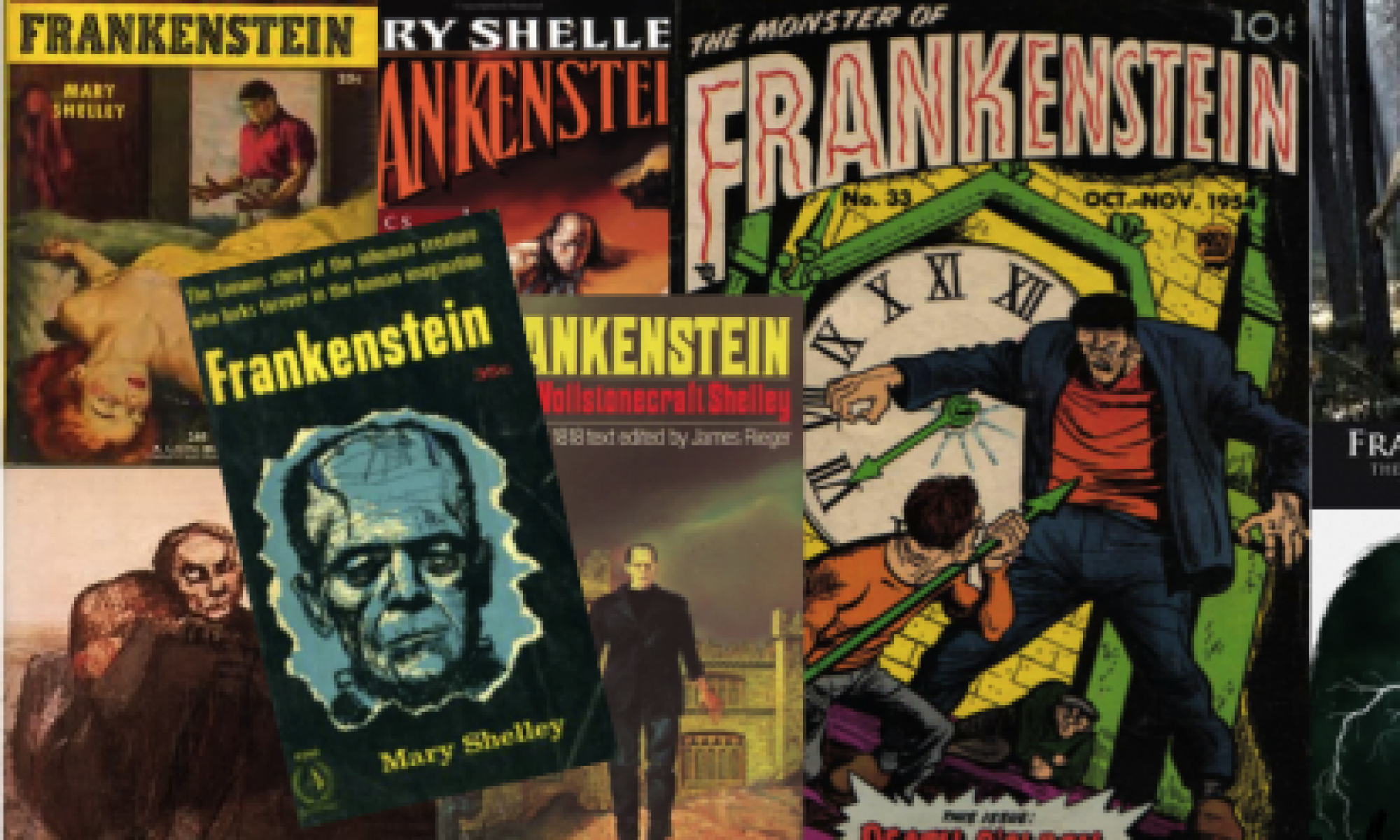Throughout history there has been a debate about who and what deserves to have rights. Humans have had to fight for their rights for centuries. People have been enslaved because of their skin color, their religion, or because they were conquered. Women had to fight for rights until the 20thcentury and continue to struggle in countries and cultures around the world. The fight for rights even extends to other living things like animals and plants. There are certain rights that most people would agree that living things, especially humans, deserve. One of the most basic is the right to keep living once life begins. The creature in Mary Shelley’s Frankensteinis considered to be alive, so does he deserve to be given rights? I would argue that the creature does deserve to have rights.
Frankenstein’s creature is depicted as an unnatural being wrongly brought into the world by Victor in his quest to discover the source of life. The creature is considered hideous even though the most beautiful parts were used in his creation. Victor quickly abandons his creation when he becomes sick from creating something unnatural. We fail to see the creature as anything besides a monster because Victor refuses to acknowledge him or even provide him with a name. Although the creature is disfigured, he appears to act as an infant learning how to move his body. Even though the creature is created from previously deceased parts, he is still a living being with the capacity to learn.
Victor’s creature continues to learn, mastering basic skills for survival to intricate skills like speaking. He develops emotions and moral thinking. A hideous, unnatural creation is able to feel as if he were more human than his creator. The creature pleads with Victor to acknowledge him as a human and to treat him justly with the rights he deserves. He says, “Listen to my tale: when you have heard that, abandon or commiserate me, as you shall judge that I deserve. But hear me. The guilty are allowed, by human laws, bloody as they may be, to speak in their own defense before they are condemned. Listen to me, Frankenstein. You accuse me of murder; and yet you would with a satisfied conscience destroy your own creature. Oh praise the eternal justice of man.” This quote is unique because it highlights that Victor cannot condemn the creature of his crimes of killing without first acknowledging that he is human. We do not view a bear or another type of predator as a criminal if they are provoked to kill a human. A bear cannot be judged because they lack the ability to discern between right and wrong. Yet people acknowledge that the bear has a right to life. The creature gained the right to live when Victor brought him to life. If Victor destroyed his creation, then he would be no less a murderer than the creature and justice would not exist.
Once Victor supplied life to the body he created, the creature deserved certain rights. He had the right to be acknowledged as living and to be given guidance. We do not expect children to be abandoned by their parents and we do not deny rights to those with disfigurements. If Frankenstein made the creature into an unnatural monster, then the creature was able to make himself human.
